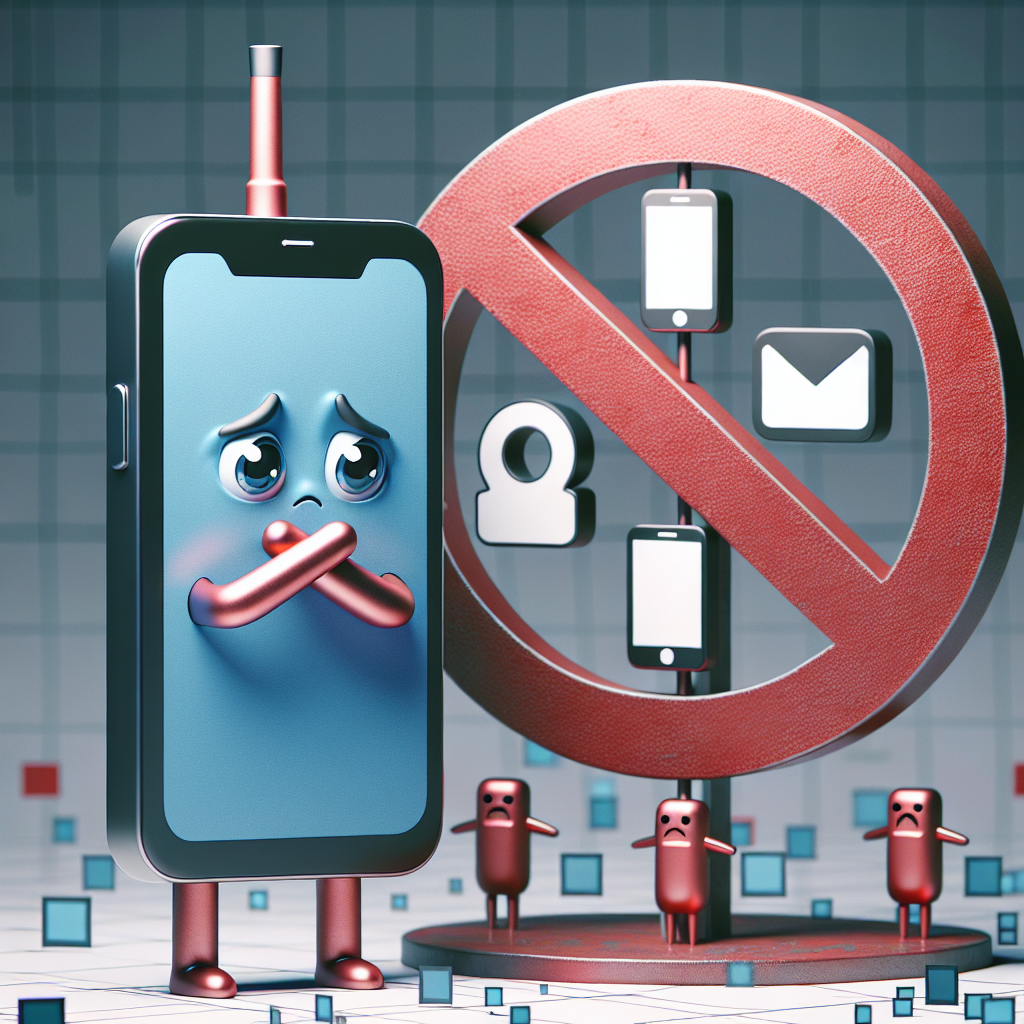Court Orders Meta to Delete Child Abuse Content as SA Boosts Cyber Protection
The court directed Meta to remove all sexually explicit content involving minors, particularly school children, and to permanently delete any associated profiles or accounts engaged in this illicit activity.

- Country:
- South Africa
In a landmark ruling aimed at strengthening child protection in the digital age, the Gauteng High Court has ordered tech giant Meta to shut down specific Instagram accounts and WhatsApp channels distributing Child Sexual Abuse Material (CSAM)—commonly known as child pornography. The ruling, handed down by Judge Mudunwazi Makamu, represents a powerful legal response to one of the most insidious and fast-growing forms of global cybercrime.
The court directed Meta to remove all sexually explicit content involving minors, particularly school children, and to permanently delete any associated profiles or accounts engaged in this illicit activity.
“With the development and expansion of digital technologies, the crime of online child exploitation and abuse has grown exponentially,” said Deputy Minister of Communications and Digital Technologies Mondli Gungubele in response to the ruling. “The psychological effects on victims of child pornography are long-lasting and devastating, hence we applaud the high court ruling.”
A Growing Threat in the Digital Era
The ruling follows a broader national effort by the Department of Communications and Digital Technologies (DCDT) and the Film and Publication Board (FPB) to clamp down on the proliferation of harmful and prohibited online content. With children increasingly exposed to digital platforms, cyber predators and exploiters have adapted, making CSAM one of the most difficult crimes to detect and prosecute.
“Online child abuse has become a modern, borderless cybercrime that transcends nations and jurisdictions,” the Deputy Minister added.
Legal Framework: Films and Publications Act
South Africa’s Films and Publications Act explicitly criminalizes the creation, distribution, possession, or exposure of children to pornographic content. The definition of child pornography is broad, encompassing any image, however created, that depicts a child engaged in sexual activity.
The penalties under the Act are severe, including lengthy imprisonment terms and heavy fines, aimed at deterring offenders and ensuring justice for victims. The law also empowers authorities to act swiftly in blocking and taking down illegal digital content.
Types of Harmful and Prohibited Content
The FPB has provided clear definitions to help the public distinguish between harmful and prohibited content:
-
Harmful Content: Material that causes emotional or psychological distress, including bullying, grooming, or sexual coercion—especially content aimed at children.
-
Prohibited Content: Includes material that promotes war propaganda, incites imminent violence, or advocates hatred based on group characteristics (as per Sections 16(2), 16(4), and 18(3) of the Act).
These definitions guide law enforcement and digital platforms in identifying and removing dangerous content, while also educating the public on what constitutes a cybercrime.
Call to Action for Parents and Guardians
The Deputy Minister strongly urged parents, guardians, and educators to remain vigilant and proactive in monitoring the online behavior of minors. He warned that children themselves may unknowingly share or consume illegal content, potentially leading to both legal consequences and deep psychological trauma.
“Parents and guardians are encouraged to regularly monitor their children’s online activities and educate them about harmful and prohibited content,” Gungubele said.
He also emphasized the importance of digital literacy education in helping young people recognize and avoid online exploitation and cyber threats.
Public Reporting Mechanisms Strengthened
The FPB has reinforced its public reporting systems, encouraging South Africans to report any harmful or prohibited content. Citizens can now use the following methods to report abuse:
-
Toll-Free Hotline: 0800 148 148
-
WhatsApp Reporting Line: 083 428 4767
-
Online Reports: www.fpb.org.za
These platforms allow the public to take an active role in defending children from online harm and contribute to law enforcement's ability to act quickly against perpetrators.
Strengthening Global and Local Enforcement
The ruling also underscores the growing responsibility of digital platforms like Meta to cooperate with law enforcement and ensure their platforms are not exploited for criminal purposes. In this case, the High Court held Meta accountable by mandating swift and decisive action to remove CSAM.
South Africa’s proactive legal stance is in line with international child protection frameworks, including those promoted by INTERPOL, the UN Office on Drugs and Crime (UNODC), and the WePROTECT Global Alliance.
Toward a Safer Digital Future
The Gauteng High Court’s decision sets a precedent for the enforcement of digital safety laws in South Africa and signals the government’s commitment to protecting children in both physical and virtual spaces.
By combining legal enforcement, public awareness, digital accountability, and community reporting mechanisms, South Africa is strengthening its national response to online child exploitation—a growing global crisis that demands unified, persistent action.










